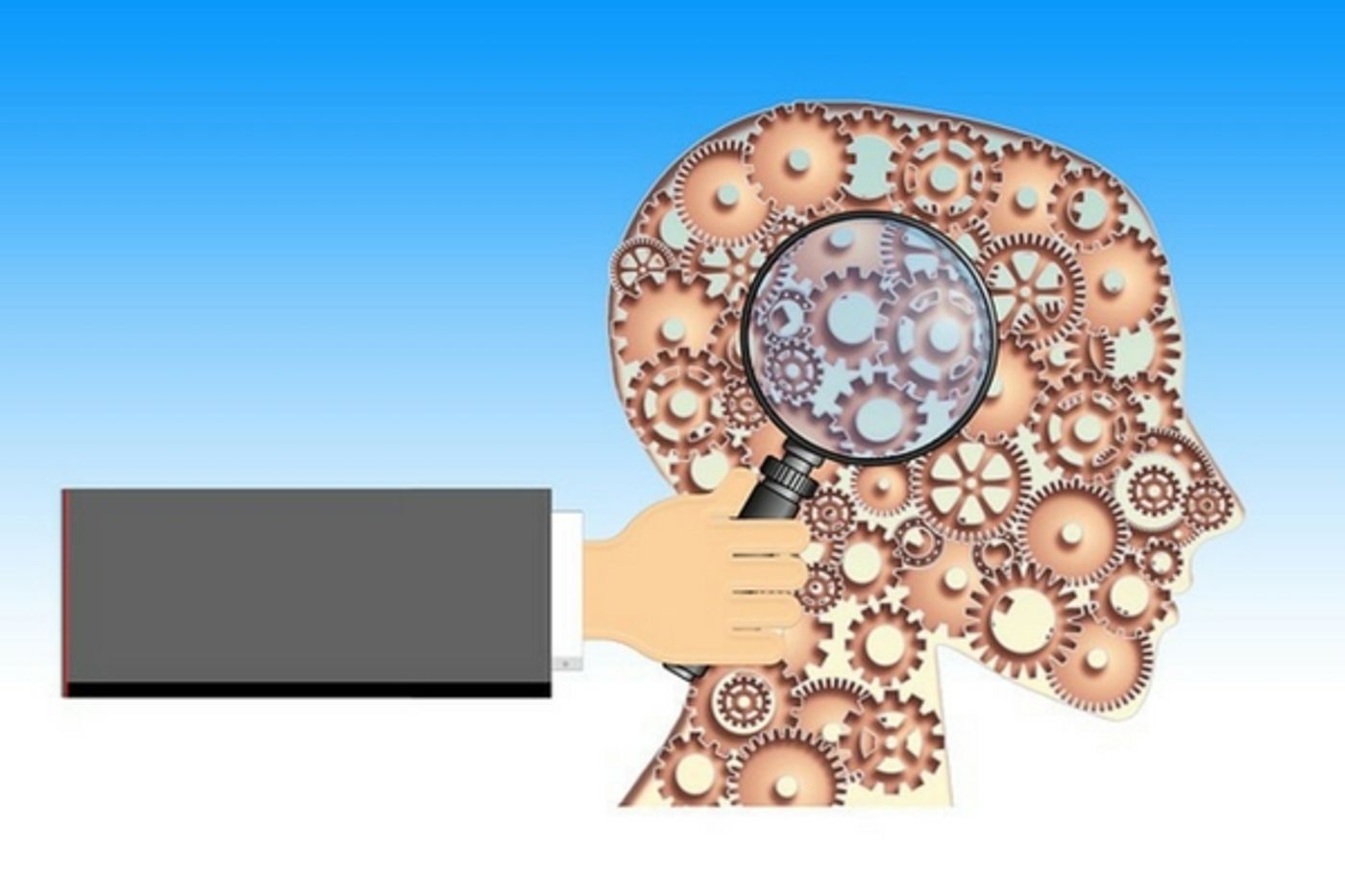Brain Inflammation and Obesity
"It's all in your head!" Many people say this when they think of diet, exercise or kicking a bad habit. It's about making up your mind and getting it done, right? Not entirely. Brain anatomy and chemistry plays a part in appetite, motivation and weight management.
A new study from researchers at the University of California San Francisco and the University of Washington Medical Center suggests that immune cells in the brain triggered perhaps by inflammation, could be a key factor in weight gain.
The part of the brain that deals with eating habits and weight regulation is the hypothalamus, a small region near the base of the brain. Neurons in this area are often investigated in obesity treatments, but the most recent research suggests that immune cells called microglia are heavily involved. Suneil Koliwad, MD, Ph.D., who works at the UCSF Diabetes Center, and is a co-senior author of the new study explained, "Microglia are not neurons, but they account for 10 to 15 percent of the cells in the brain. They represent an untapped and completely novel way to target the brain in order to potentially mitigate obesity and its health consequences."
Along with the microglia, the mediobasal hypothalamus (MBH) part of the brain is involved in regulating food intake and energy expenditure. A high-fat diet can mess with this regulation, however, and cause the microglia to increase in number. In the research, feeding the mice a fatty diet for four weeks triggered weight gain, made the mice hungrier and decreased their motivation to exercise, and when they did move about, they burned fewer calories. Microglia also increased significantly, which caused an inflammatory response in the brain. So, two issues became the focus of the work, the increase in microglia and the inflammatory response that followed.
To find out if the increase in microglia was related to the dysregulation of the MBH the team at UCSF gave the mice an experimental drug called PLX5622 which acted to decrease the amount of microglia in the brain. The mice given this drug while staying on the high-fat diet gained less weight than the mice on the fattier food, but who did not receive the drug. The mice on regular lab chow were not affected, regardless of whether or not they were given PLX5622.
Collaborating with the UCSF group was University of Washington associate professor of medicine Joshua Thaler, MD, Ph.D. Using genetically engineered mice that were not able to generate the response to the increased microglia, they found less weight gain and less food consumption even though the microglia did increase. This outcome suggests it's the inflammatory response at play in weight gain and increased appetite and not simply the larger amount of microglia.
The UCSF researchers were able to validate this finding when they created genetically altered mice in which the inflammatory response was triggered on purpose, without the increase in microglia and this resulted in the mice gaining weight and burning fewer calories, even when on a standard diet versus the high-fat chow. Dr. Thaler summarized the work, stating, "From these experiments we can confidently say that the inflammatory activation of microglia is not only necessary for high-fat diets to induce obesity, but also sufficient on its own to drive the hypothalamus to alter its regulation of energy balance, leading to excess weight gain." The two teams hope to continue collaborating on the connection between obesity, inflammation, and microglia. Check out the video to learn more about the latest on their research.
Sources: University of California San Francisco, UPI, Cell Metabolism









